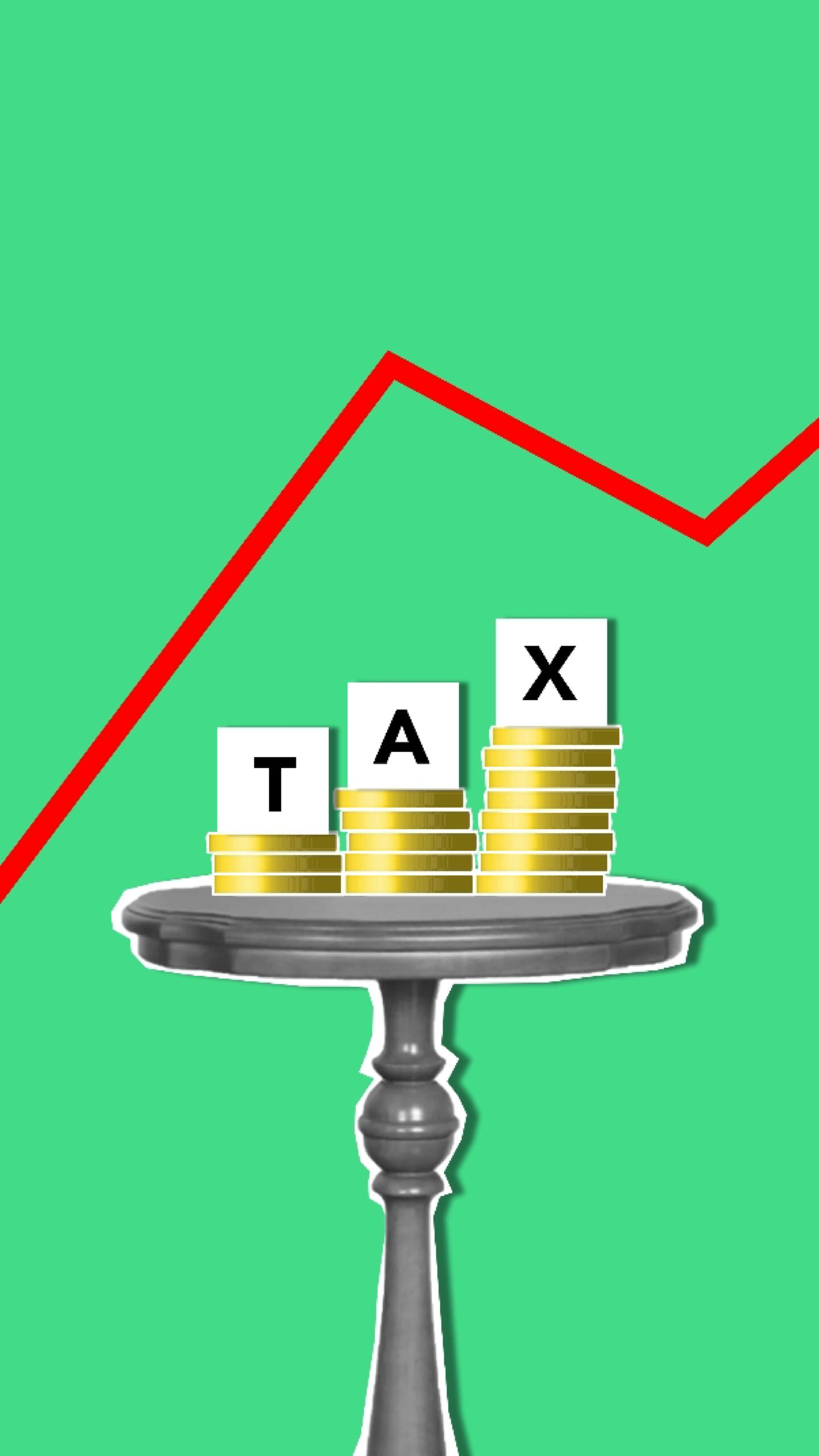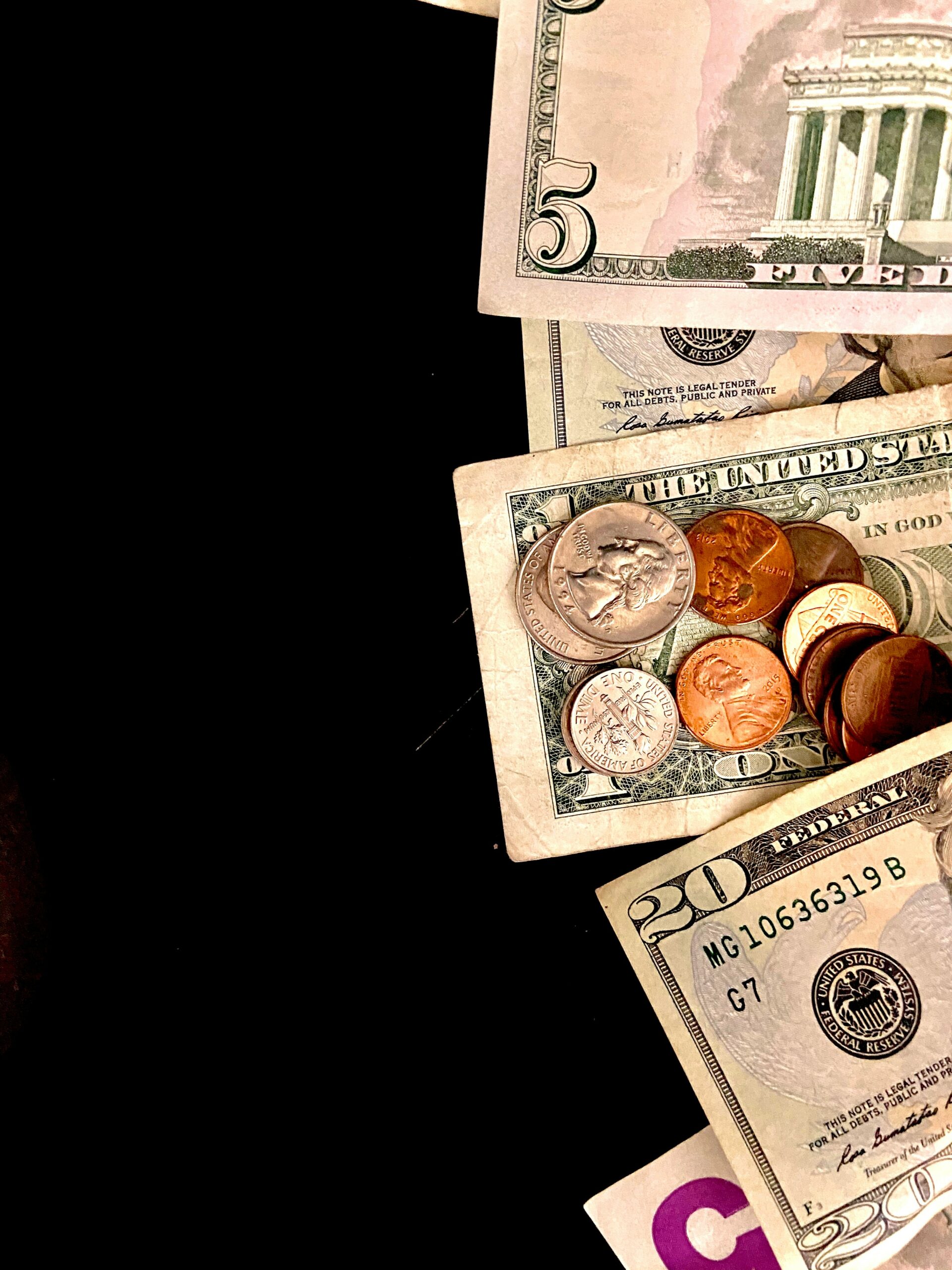Image credit: Unsplash
In a startling revelation, the Better Business Bureau (BBB) has flagged a massive spike in phishing scams for 2023, hitting an all-time high with over 9,000 incidents logged in their Scam Tracker system. This number almost doubles last year’s count, spotlighting a swelling menace as scammers ramp up their use of fresh tech and crafty tactics to dupe unsuspecting prey.
Phishing scams, those sneaky tricks where fraudsters fool folks into spilling sensitive info by posing as trustworthy entities, have morphed dramatically over time. The BBB’s latest deep dive shows a noteworthy tilt towards SMS-based (or “smishing”) scams. These devious plots often send text messages crafted to tempt recipients into clicking on dodgy links, thus jeopardizing personal data or installing nasty software.
Expanding Techniques and Rising Threats
Since 2021, phishing tricks have wormed their way into nearly every scam type flagged to the BBB, from government impersonation and tech support fraud to cryptocurrency cons. The chameleon-like nature of phishing makes it especially potent; scammers are forever tweaking their tactics to exploit different communication channels. Despite being one of the oldest cyber swindles, phishing stays sharp and effective thanks to its adaptability and ever-evolving techniques.
The BBB’s exhaustive report, “BBB Investigation: Record Number of Phishing Scams in 2023,” dives into the trends in these scams, the financial damage they’ve caused, and personal stories from victims. The findings are downright scary: phishing scams have targeted both individuals and businesses, with business losses hitting the billions over the last three years, according to data from the FBI backed by BBB Scam Tracker reports.
Statistical Breakdown and Economic Impact
From 2021 to 2023, the following statistics were recorded by the BBB:
- Phishing (email): 8,346 reports
- Vishing (voice phishing via calls and voicemails): 7,416 reports
- Smishing (SMS phishing): 3,486 reports
- Pharming (redirecting users to malicious websites): 315 reports
- Business Email Compromise (BEC): 200 reports
These figures underscore the breadth and diversity of phishing tactics, emphasizing the importance of vigilance and proactive measures to combat this ongoing threat.
Personal Accounts and Awareness
One notable case involves an Omaha woman who fell victim to a sophisticated QR code scam. While parking at a metered spot, she encountered a QR code intended for payment. After entering her credit card details, she realized the site’s processing time was unusually long. Sensing something was wrong, she documented the QR code and screen information. It was later discovered that the site was a fraudulent setup designed to deceive hurried individuals. Although she managed to recover her funds, she had to cancel her card to prevent further unauthorized charges.
Recognizing Phishing Red Flags
The BBB emphasizes several common red flags associated with phishing scams, including:
- Claims of suspicious activity or fraudulent logins
- Notifications about unexpected account problems
- Requests to confirm financial information
- Urgent prompts to click on links for payments
- Offers of government refunds or unrequested coupons
- Messages featuring well-known company logos paired with generic text
- Communications filled with typos and urgent language
- Impersonation of authority figures requesting business payments
Looking Ahead
With reports from early 2024 suggesting another record year for phishing scams, the BBB and other organizations stress the need for public awareness and robust cybersecurity measures. As phishing ploys keep morphing, both folks and businesses need to stay savvy and alert to guard against these sneaky threats. The BBB’s deep dive serves as a vital wake-up call about the ongoing menace of phishing scams and the need to stay sharp in our ever-more-digital world.















































































































































